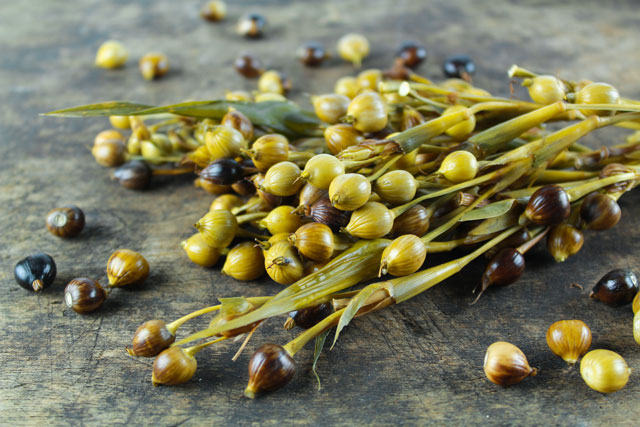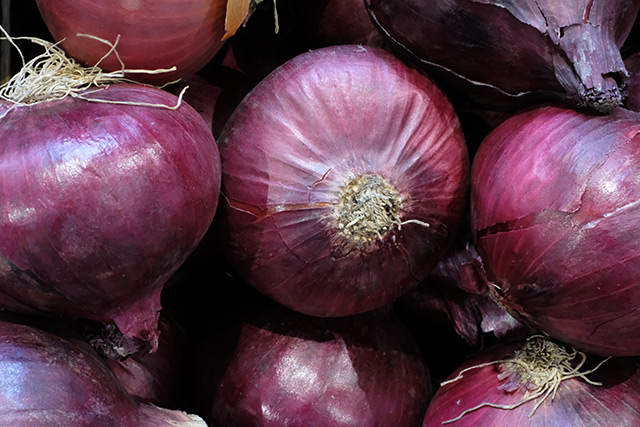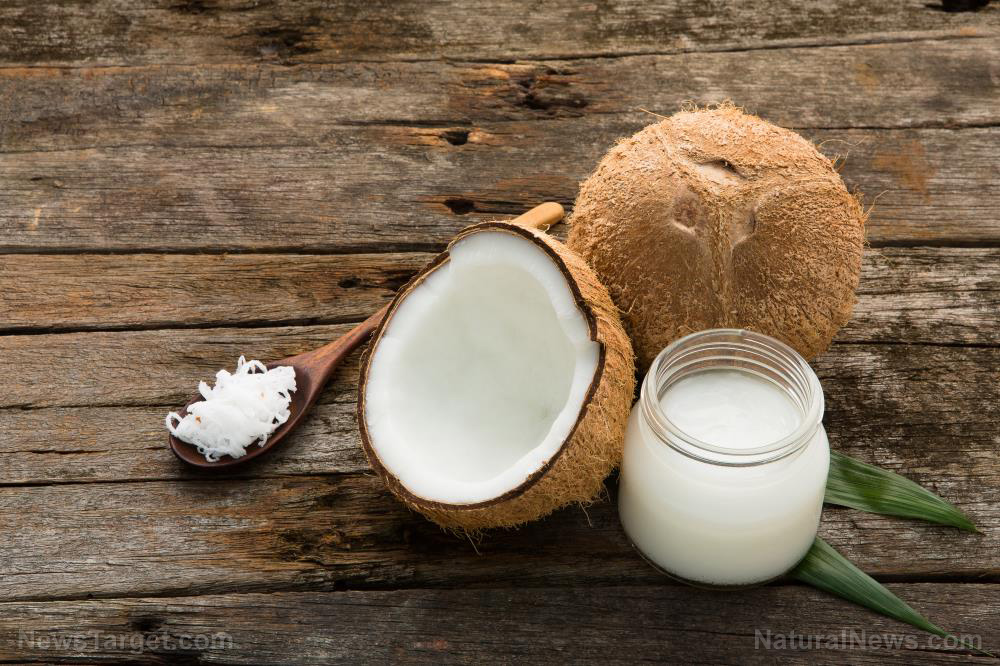It’s that easy: Just 3-4 portions of fruits and veggies a day can dramatically improve your health
10/30/2018 / By Michelle Simmons

Most people probably know that eating fruits and vegetables is vital for improving health, but how much does one have to eat? The Prospective Urban Rural Epidemiology (PURE) study, which was published in The Lancet, has suggested that eating three to four portions of fruits and vegetables every day can improve heart health and cut the risk of premature death.
The PURE study gathered data from more than 135,000 participants free of heart disease from 613 communities in 18 countries and in a range of income brackets. The participants were between 35 and 70 years old who come from North America, Europe, the Middle East, South America, Asia, and Africa. They were enrolled in the study for approximately 10 years, starting in 2003. They all answered questionnaires related to their health and diet and underwent a health check-up at least once every three years.
During follow-up, a total of 4,784 major heart disease events were reported. Moreover, a total of 5,796 participants died, and 1,649 of these deaths were related to heart disease.
Earlier research has shown that about a double portion, or 800 g of fruits and vegetables per day, was needed to reap significant health benefits, while the World Health Organization (WHO) recommends eating around 400 g per day. However, the PURE study suggested that eating at least 375 grams of fruits and vegetables every day significantly cut the risk of diseases, such as heart disease, stroke, and cancers. As a result, the risk of early death was also reduced. (Related: Eating fruits and vegetables early in life lowers heart disease risk by 40 percent as we age.)
Mother Nature's micronutrient secret: Organic Broccoli Sprout Capsules now available, delivering 280mg of high-density nutrition, including the extraordinary "sulforaphane" and "glucosinolate" nutrients found only in cruciferous healing foods. Every lot laboratory tested. See availability here.
The researchers also discovered the eating fruits alone lowered the risk of premature death due to heart disease, while eating raw vegetables was associated with a generally lower death risk and was more significant than eating cooked vegetables. Those who ate a combination of both benefited the most.
In addition, the researchers discovered that the risk of death was reduced by 22 percent compared to those who ate 125 g or less of fruits and vegetables daily. Moreover, eating more nutrient-dense foods can enhance health in various ways, such as boosting energy and improving mental health.
The researchers highlighted that even people in lower income brackets can improve their health easily and without spending too much.
5 fruits and vegetables to add to your diet
Most fruits and vegetables that you can add to your diet will provide various nutrients. However, there are certain fruits and vegetables that make better choices than others because they provide more antioxidants, vitamins, and minerals. Here are 5 fruits and vegetables that are the best for you:
- Asparagus: Asparagus has been used as an herbal remedy for various health conditions. This vegetable is considered a potent antidote to a hangover and can reduce liver toxicity. These long stalks are best eaten when steamed or roasted with sea salt and olive oil.
- Avocado: This fruit is the only fruit that is rich in heart-healthy unsaturated fats. It is essential for healthy skin and hair and for nutrient absorption of vitamins A, D, E, and K. An avocado generally contains more than 20 vitamins and minerals, such as vitamins C and K, potassium, and folate. It is also rich in fiber.
- Blueberries: Blueberries, one of the most popular superfoods, are rich in antioxidants which fight free radicals. Blueberries also possess anticancer properties, making them an essential part of a balanced diet.
- Broccoli: Broccoli is a non-dairy source of calcium and has many anticancer properties.
- Citrus: Citrus fruits, such as oranges and grapefruit, are rich in the antioxidant vitamin C and potassium, which is important in regulating chemicals in the body and metabolism. It is best to consume citrus as a fruit instead of juice, so that you can still consume its fiber content, which helps you feel satisfied and keeps the digestive system healthy.
Sources include:
Tagged Under: Diets, early death, Fresh, fruits, grocery, healing food, heart health, nutrition, premature death, vegetables, Veggies



















